Scientists confirm dramatic melting of Greenland ice sheet
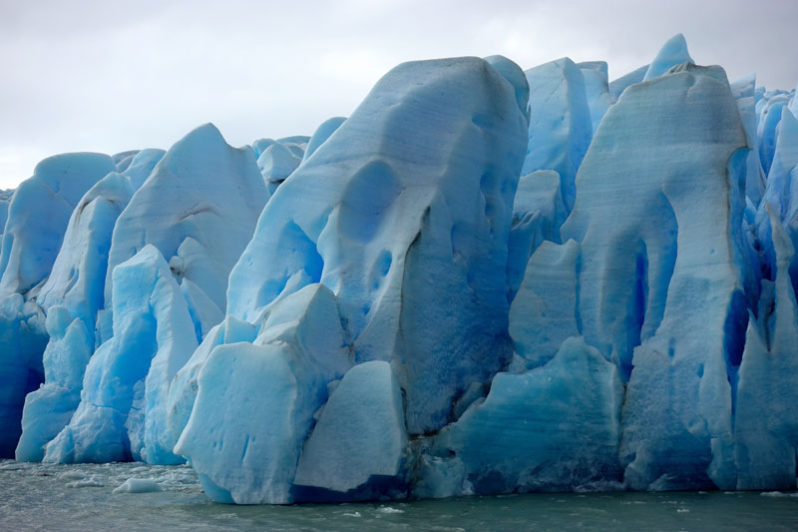
There was a dramatic melting of Greenland’s ice sheet in the summer of 2019, researchers have confirmed, in a study that reveals the loss was largely due to a persistent zone of high pressure over the region.
Estuaries are warming at twice the rate of oceans and atmosphere
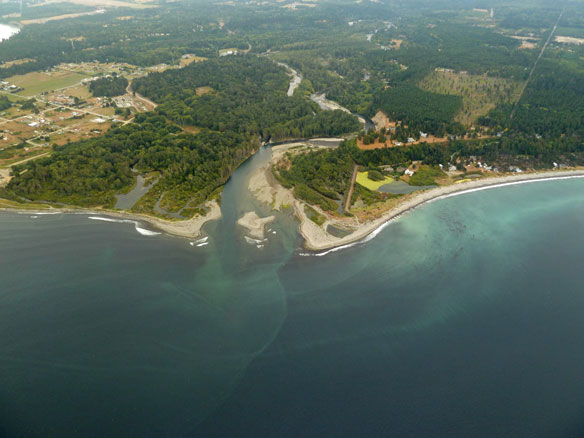
New research shows that estuaries are particularly vulnerable to a warming environment. This is a concern not only for the marine and bird life that rely on them but the millions of people who depend on rivers, lakes and lagoons for their livelihoods around the world.
Exploring the link between education and climate change

The importance of pursuing sustainable development poses a challenge to scientists in terms of determining the most effective ways to achieve desired outcomes across health, education, poverty, energy, the environment. A recent study brings together several different connections between particularly education and climate change and evaluates them together.
Offshore oil and gas platforms release more methane than previously estimated
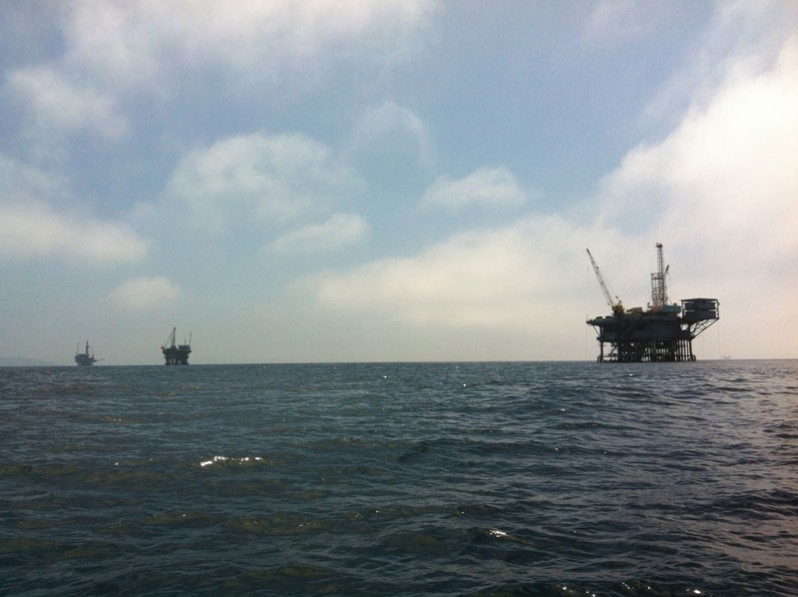
Offshore energy-producing platforms in U.S. waters of the Gulf of Mexico are emitting twice as much methane, a greenhouse gas, than previously thought, according to a new study.
A rapidly changing Arctic
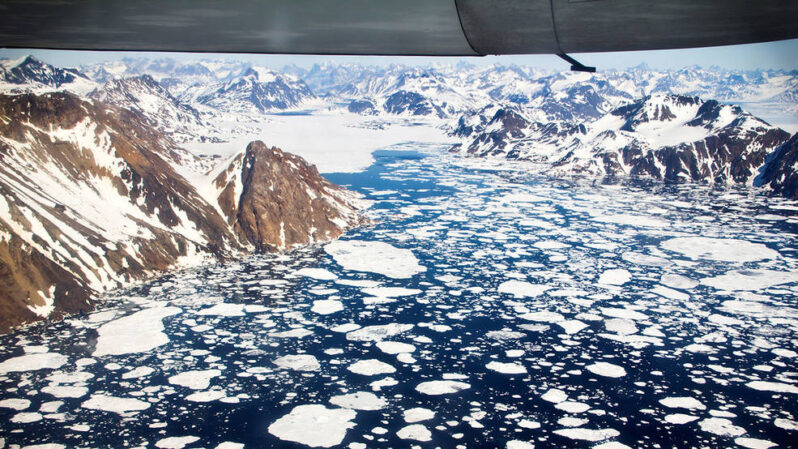
A new study found that freshwater runoff from rivers and continental shelf sediments are bringing significant quantities of carbon and trace elements into parts of the Arctic Ocean via the Transpolar Drift — a major surface current that moves water from Siberia across the North Pole to the North Atlantic Ocean.
Greenland, Antarctica Melting Six Times Faster Than in the 1990s
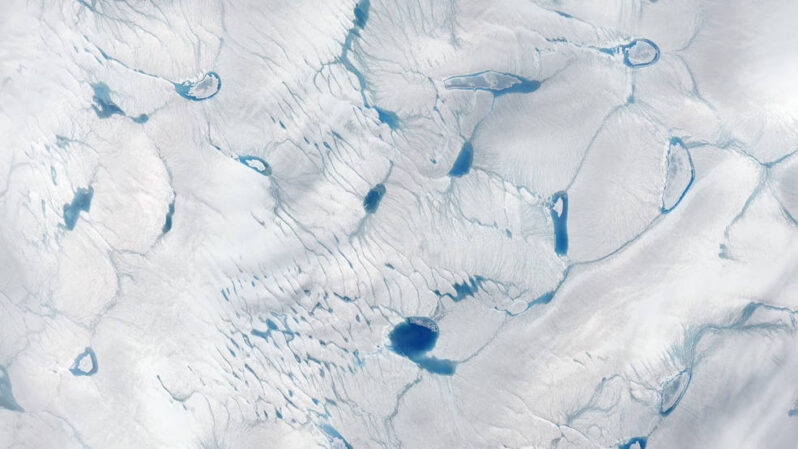
If the current melting trend continues, the regions will be on track to match the “worst-case” scenario of the Intergovernmental Panel on Climate Change (IPCC) of an extra 6.7 inches (17 centimeters) of sea level rise by 2100.
Op-Ed: California’s beaches closures offer a glimpse of the likely future. That should frighten us
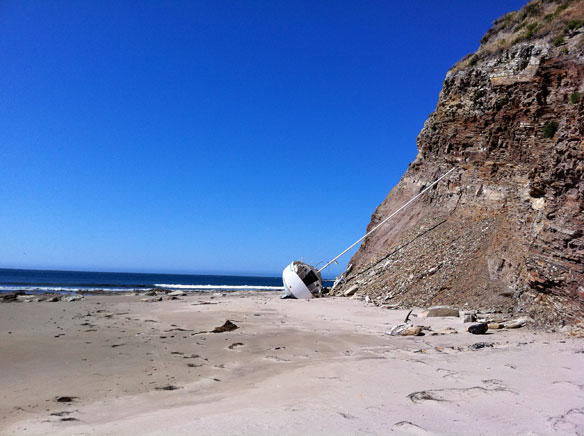
For the first time in history, most people in Southern California, under stay-at-home orders, are completely banned from surfing, sunbathing, fishing or building sandcastles at the ocean’s edge. The current beach closures are giving us a glimpse of Southern California’s likely future: one with fewer and smaller beaches nearly as inaccessible as they are right now.
Ships’ emissions create measurable regional change in clouds

Years of cloud data over a shipping route shows that pollution from ships has significantly increased the reflectivity of the clouds. The results suggest that industrial pollution’s effect on clouds has masked about a third of the warming due to fossil fuel burning since the late 1800s.
Ocean species are shifting toward the Poles
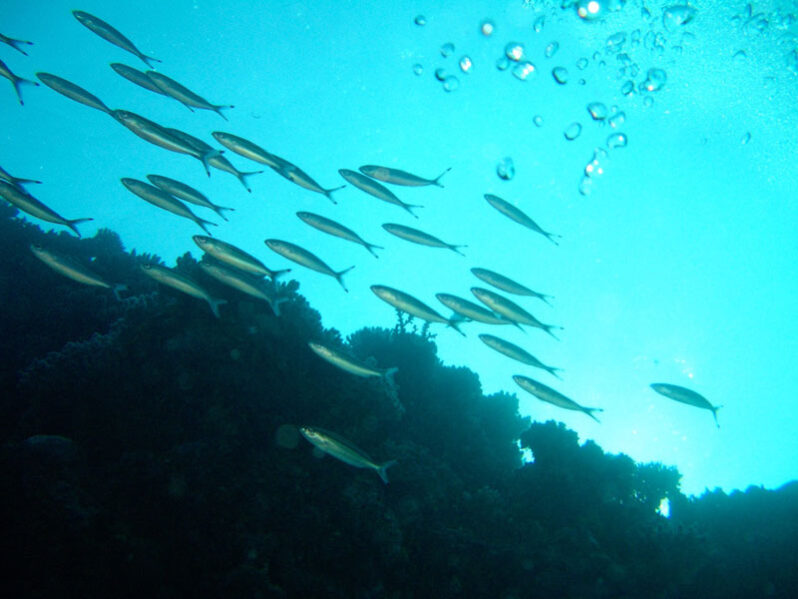
Concentrations of marine animal populations have been shifting away from the equator and toward the poles during the course of the past century, according to one of the most comprehensive analyses of marine species distributions to date.
